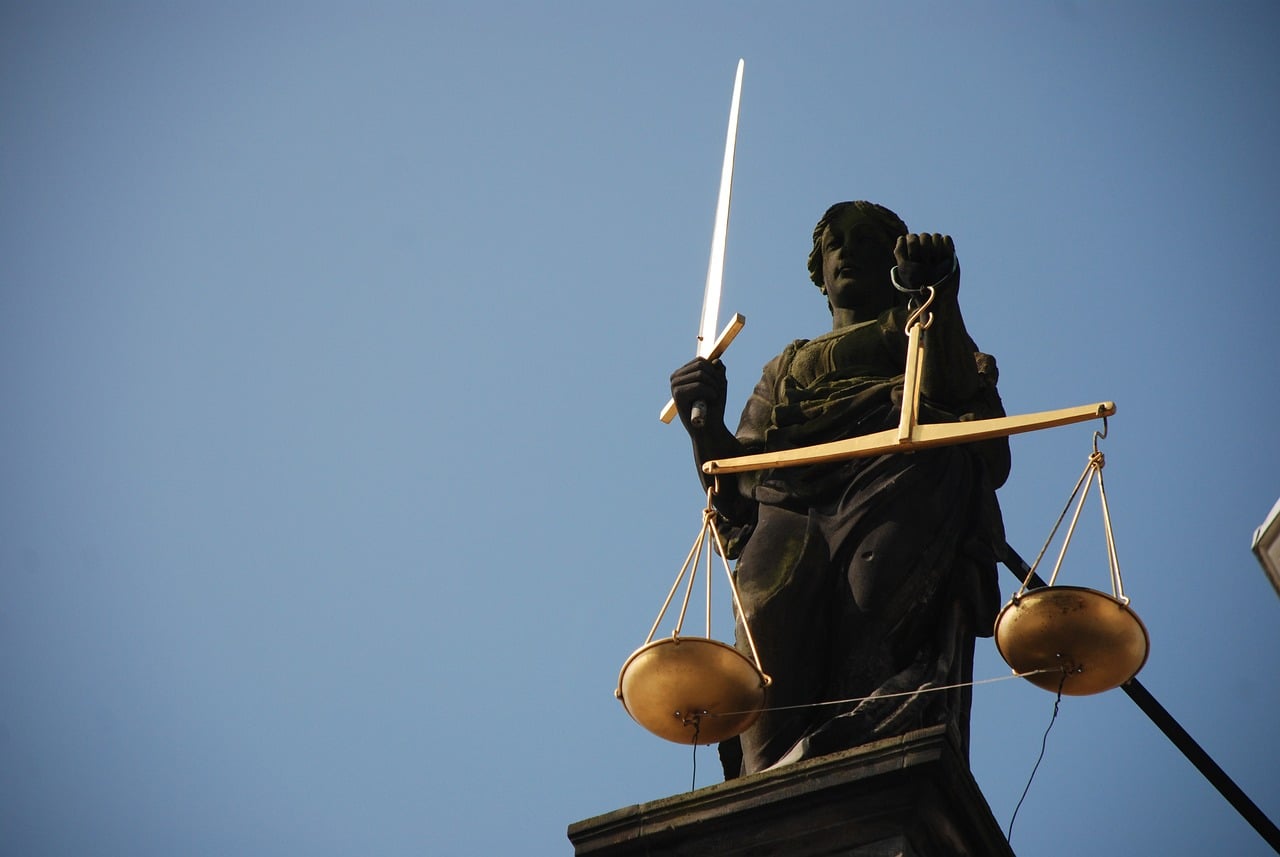
The idea of compulsion is used in the judicial field.
Pressure is a term that has many meanings, some of them linked to the legal and law sector. Below we will explain each of them, taking into account what is stated in the RAE dictionary.
Firstly, the concept refers to the action and effect of compelling ; This verb is synonymous with squeezing, oppressing or forcing someone by having some type of authority over them. It can be used to force someone to hurry up with a certain thing.
Pressure in law
In the field of law , it has several uses, among which it is worth highlighting:
- Surcharge of contributions or taxes after late payment . According to certain laws, the judicial authority may impose a fine in the event of prolonged non-payment.
- Order from judicial authority to compel payment . The judicial authority has the ability to force a person to pay a certain amount or comply with another mandatory act as a form of duress.
It is important to note that this judicial procedure is launched when, after the issuance of an administrative act that establishes an obligation to someone, they do not comply. Then, the authority must take enforcement measures, which generally consist of the imposition of a fine or the seizure of the defendant's assets.
In Roman law , a form of personal guarantee that consisted of the physical submission of the debtor to his creditor was known as individual duress . In this way, when the debtor did not comply with his obligations, the creditor could force him to work for him until the debt was paid, which represented a form of slavery since the rules and working conditions were set by the creditor and the debtor did not he could refuse to religiously comply with it.

When a public official abuses his authority and attacks the individual freedom of a person, he incurs illegal constraints.
A legal figure
In some countries, such as Argentina , there is a legal figure known as illegal pressures . It is linked to crimes committed by public officials that threaten the individual freedom of a citizen. If an official abuses his authority , failing to comply with the formalities dictated by law and imposes torture or torment on a citizen in order to obtain any benefit, he incurs the crime of illegal coercion.
These types of errors have appeared repeatedly throughout history. A recent example being the multiple trials carried out against members of the armed forces, accused of the kidnapping and disappearance of people during the successive military dictatorships that took place in Argentine territory. Many of these trials concluded with the conviction of the accused, and others with a pardon for not being able to reliably prove the facts of which they were accused.
It is worth mentioning that this accusation is usually one of the most frequent in trials against managers and members of the different security forces of the countries , however in other territories it receives other names. And that in many countries, given the great affinity that exists between government leaders and the national armed forces, there is a constant cover-up of these crimes, which makes it more difficult for citizens to collect conclusive evidence, given that the same are systematically erased or cancelled.
The crime of illegal coercion is one of the most serious because it reveals the failures of leaders, and can lead to a weakening of power or the democratic system that supports it; For this reason, under the argument of safeguarding democracy, crimes and criminal acts of considerable gravity are allowed to pass. In addition to this, in many places the judicial system also defends its own interests, which are generally linked to those of the politicians themselves.
